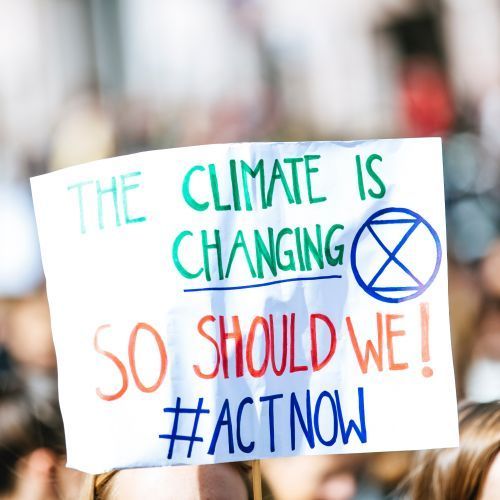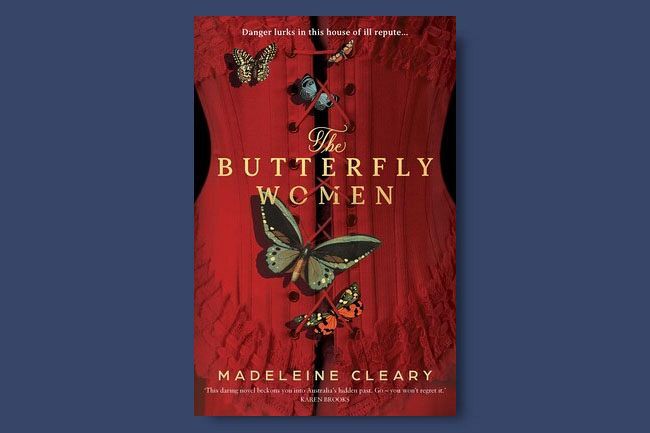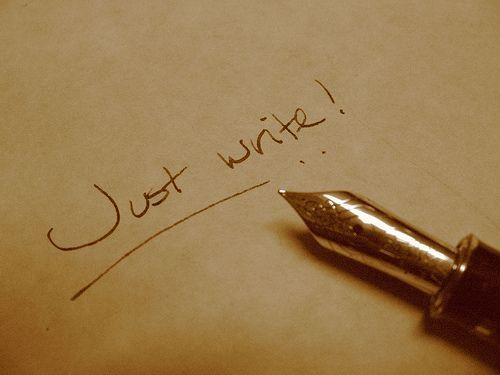I struggle to understand how and why so many people continue to believe climate change either isn’t really happening, or is nothing to worry about. The evidence is all around them when they scroll the news on their devices, or watch it unfold on their television screens. It’s both concerning and frustrating that so little attention is being paid to a crisis that is now so imminent – and essentially unstoppable.
Whether one listens to, reads, or watches the news, scarcely a day passes without details of an extreme weather event occurring somewhere in the world. Be it unseasonal and heavy rains, powerful winds, snowstorms, bushfires, floods or drought, more often than not they result in catastrophe for the community and the country impacted. It’s not just the loss of life, homes, and infrastructure, but also the damage to natural environments. For decades scientists from all disciplines have urged action on climate change. They warned the business-as-usual approach will simply increase the economic, environmental and health risks that are already on the rise. They’ve repeated ad nauseum that burning fossil fuels is the primary cause of climate change, and that only by stopping its use will humanity have some hope of putting the brakes on extreme weather events.
In the last week alone we’ve heard about landslides in Papua New Guinea, erupting volcanoes and earthquakes in Iceland, devastation across America from storms and tornadoes, temperatures reportedly topping 50 degrees in India, and closer to home the serious lack of rain across Tasmania and WA. None of these can possibly be described as ‘normal’. So why are more people not concerned the climate scientists just might have a point?
Is it fear of a future they simply don’t want to comprehend or acknowledge? The world is undoubtedly a truly fearful place at the moment. The escalating conflicts in Europe and the Middle East are enough to make anyone close the door, switch off the TV, reach for a good book and let the world turn without them. I can’t do that. Or at least I can’t do it for long. I totally understand the sentiment, but for me it would be giving in to the forces that want us to do exactly that - arguably for their own benefit. In other words switch off and tune out so those same forces can implement and/or sign off on all manner of policies and initiatives free of scrutiny. That’s not healthy for democracy or society generally.
There’s so much at the moment that needs to be held accountable and it’s undeniably wearing. Burn out is definitely a factor to be acknowledged. Important then - in my case - to take some time to appreciate each day; to spend time with our dog, to share moments with my partner, and share meals with friends – as well as touch base with friends and family living overseas. That way I can continue to do my very small bit for the planet: writing letters to editors, signing petitions, commenting on blogs and generally participating in the democratic process with like-minded people however I can.
Unless many more of us do this our fragile democracy will continue to be undermined and eroded and a scenario as described in the following could well be our fate. It doesn’t appeal to me one bit. https://www.laprogressive.com/democracy/elon-musk-peter-thiel-rupert-murdoch-maga-oligarchs



